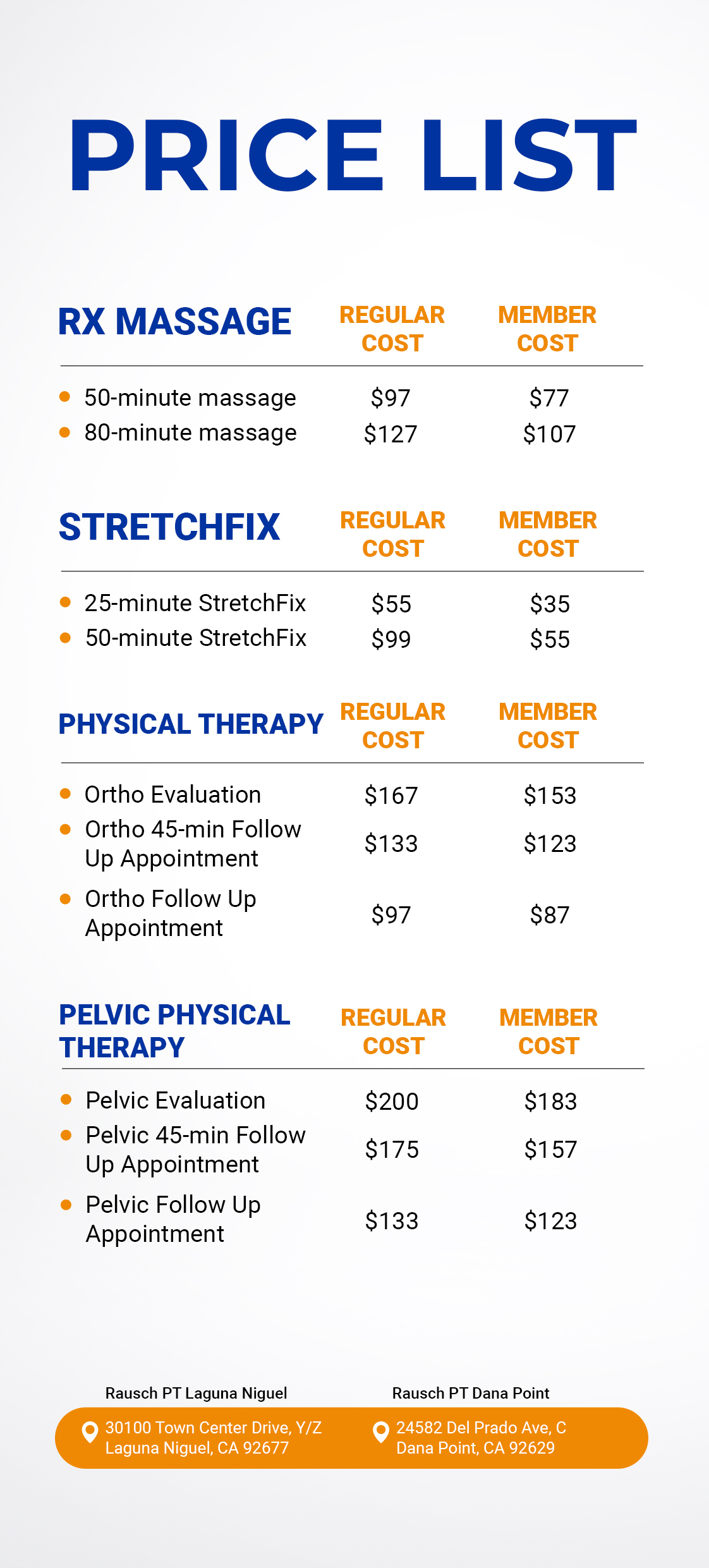A new year isn’t just about new goals—it’s about building a body that supports the life you want to live. Mobility is one of the most overlooked foundations of health,,
If you snooze, you don’t always lose.
August 21, 2019 11:46 am / Category: Uncategorized
The saying “you snooze, you lose” is not necessarily true. Millions of adults lack a quality night’s sleep for several reasons. Some bring their worries from the day into bed with them, making it difficult to fall asleep and stay asleep throughout the night. Others go to bed too late in order to finish the tasks of the day or wake up too early to begin the tasks of the day ahead. It has even gotten to the point where some people feel guilty for sleeping more than a few hours at night. Although it may feel like sleeping can be a waste of precious time when the waking hours are too sparse to finish what needs to get done during the day, this is actually far from the truth. In fact, sleep is probably one of the best investments of your time.
The Benefits of Sleep
Do you know that sleep plays a significant role in your physical and mental wellbeing? Sleep is needed to support your immune system, tissue healing, pain regulation, and brain functioning. For example, research shows that those getting 7-8 hours of sleep heal faster than those getting only a few hours of sleep at night. In other words, sleep helps your body heal and reduces your pain. Getting a good night’s sleep is also shown to lower your risk for heart disease, diabetes, and depression. Bottom line: without a good night’s sleep, you may suffer from increased pain, delayed healing, decreased quality of life, depression, anxiety, and much more.
Improving Sleep
Now that we know how beneficial sleep can be, how do we ensure a good night’s sleep? Here are 10 tips you should try to improve your sleep.
- Exercise regularly during the day – exercise shortens the time it takes to fall asleep, and is proven to be more effective than most sleep aid drugs.
- Get outside more during the day – exposure to daylight helps to keep your body’s natural time clock healthy, so it knows when it should be awake and it should be asleep.
- Reduce your screen time two hours before bed – the blue light from your screen (computer, TV, phone) tricks your body into thinking it’s daytime, so your body isn’t ready to go to bed when you turn the TV off at night.
- Set up a good sleeping environment – get a comfortable bed and pillow, install some black-out blinds(or get an eye mask), set the room temperature to ~67 degrees F, and get to sleep!
- Set a sleeping schedule – try to go to bed and get up at the same time everyday to help your body find it’s natural inner clock.
- Avoid late night snacking – food provides your body with energy, so eating at night will give you energy and make it hard to fall asleep.
- Avoid caffeine late in the day – the effect of caffeine can last 6-8 hours, so it is recommended to avoid consuming caffeine past 3pm.
- Avoid drinking any fluids before bed – people often wake up with the urge to urinate from drinking too much fluids prior to bed.
- Avoid taking long naps throughout the day – this will help your body stay on it’s natural sleeping rhythm.
- Relax and reduce stress before bed – put away your work, take a shower, clear your mind, meditate and breathe.
Bottom Line
Sleep is a necessity to lead a healthy and happy life. There are several scientifically proven tricks to improve your sleep and thus, the overall quality of life.
Michelle Zens PT, DPT.
Let’s talk! We are here to help. Give us a call for a complimentary consultation. We would love to meet you.
Did you know there’s no prescription needed from a doctor to see us – but we will communicate your progress and treatment to your doctor if you’d like us too!
(949) 276-5401
Disclaimer — All the information that you find on our blogs and social media pages are for informational purposes only and are not intended to be used as your personal professional diagnosis, or treatment. Come and see us for your excellent, personalized care! https://rauschpt.net/
References:
Catherine F. Siengsukon, Mayis Al-dughmi, Suzanne Stevens. Sleep Health Promotion: Practical Information for Physical Therapists, Physical Therapy, Volume 97, Issue 8, August 2017, Pages 826–836, https://doi.org/10.1093/ptj/pzx057 Rudy Mawer. 17 Proven Tips to Sleep Better at Night, Healthline, November 2018. https://www.healthline.com/nutrition/17-tips-to-sleep-better#section3







